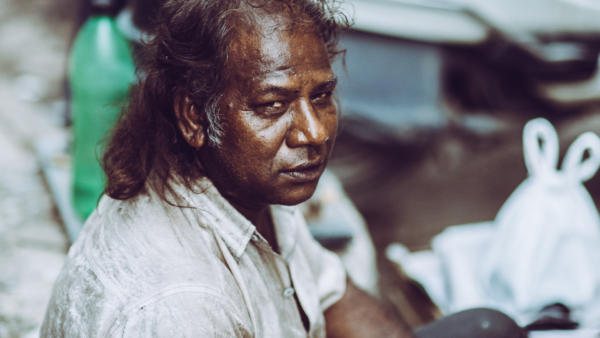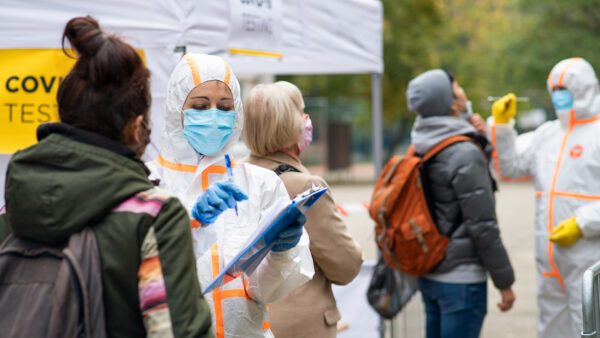Survey finds that most Brits think Covid has increased inequality
In its annual survey of the public, the Social Mobility Commission found that 56% of adults believed social inequality had increased during the pandemic in what will be viewed as a major setback in the UK’s aim of achieving Sustainable Development Goal 10 (Reducing Inequalities) by 2030.
Other results form the survey also found that there is continued issues between the north-south divide with 35% of respondents in the north felt that their region had suffered more harshly in regards to jobs while just 17% of the south felt their employment prospects had been effected more.
The survey is highlighting how they are socially disadvantaged and continue to feel the brunt of it, with equal opportunities, such as in jobs and living standard and health access much lower. This has been an issue in the country for many years and was particularly highlighted during the Thatcher government between 1979 – 1990.
Poverty and gender inequality have been two of the most notable during the pandemic. With women either more likely to lose their jobs or work more hours than men, mainly due to expectations they must fulfill parenting duties, while the UK’s most poor were unable to access free school meals or laptops which seriously impacted their health and online learning. These issues have been partially addressed due to active campaigning to encourage further government support, but it is clear that there is still much more work to be done.
These latest findings have come after a decline in social mobility and rising child poverty. With the pandemic highlighting these issues even further, greater action is required to close this gap and ensure that equality remains a human right for all.
In response to the survey findings, a government spokesperson told the Guardian: “This government is committed to levelling up outcomes for every individual, across the country. Supporting people’s mental wellbeing is a priority, which is why we are providing an additional £500m for mental health services and £79m to expand mental health support teams in schools and colleges.
“On top of that, our multi-billion pound plan for jobs aims to protect, support and create jobs across the country and offers targeted support to help jobseekers of all ages back into work.
“We are also providing £1.7bn to help children and young people with education recovery after time out of the classroom.”
These steps to tackle inequality throughout the UK will be seen as a major move in the right direction. But for the government’s critics, they argue this has come too little too late and should have been addressed even before the pandemic. If numbers continue to move in the wrong direction, the government will need to take greater accountability and ensure that more effective measures are brought in to avoid an even greater national crisis.










